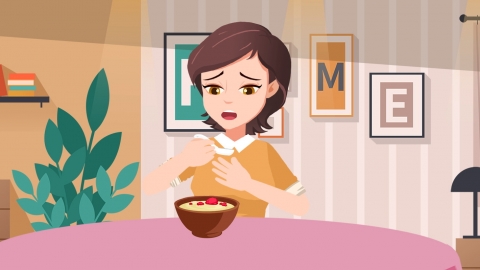How long should a patient with cholecystitis fast?
Generally, during an acute attack of cholecystitis, fasting is required for 12–24 hours. The exact duration should be adjusted based on the severity of the condition and symptom relief. In the chronic phase, fasting is usually unnecessary, but dietary types and portion sizes need to be controlled. Detailed analysis is as follows:

During an acute episode of cholecystitis, the gallbladder is in a state of congestion and edema. Eating can stimulate gallbladder contraction, worsening pain and inflammatory responses. Therefore, strict fasting is necessary in the initial acute phase to allow the gallbladder adequate rest, typically lasting 12–24 hours. During this period, fluids, electrolytes, and energy are provided solely through intravenous infusion to avoid any food stimulation.
If symptoms such as abdominal pain and nausea significantly improve after fasting, diet may be gradually resumed under medical guidance. Start with small amounts of light liquid foods, such as rice soup or diluted lotus root starch. After confirming no discomfort, progress to semi-liquid foods like millet porridge or soft noodles, and eventually return to a regular diet.
Patients with chronic cholecystitis do not require fasting, but should avoid high-fat and high-cholesterol foods such as animal offal and fried foods. Daily meals should be low-fat and easily digestible, eaten at regular times and in moderate portions, avoiding overeating to reduce gallbladder strain and prevent acute flare-ups.







